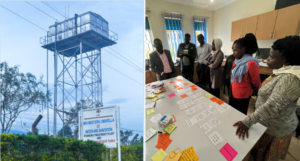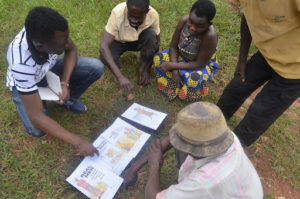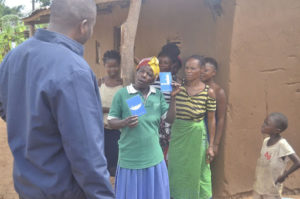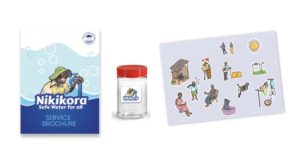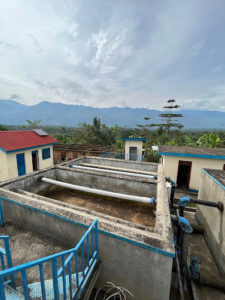PARTNERS:
WSUP (Water & Sanitation for the Urban Poor)
Mid-Western Umbrella of Water and Sanitation (Uganda Ministry of Water & Environment)
LOCATION:
Western Region, Uganda, including the towns of Kyenjojo, Nyahuka, Kasambya, Kayinja, and Kasenda




